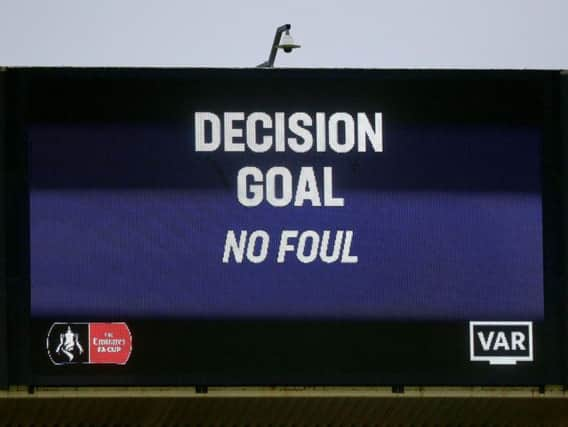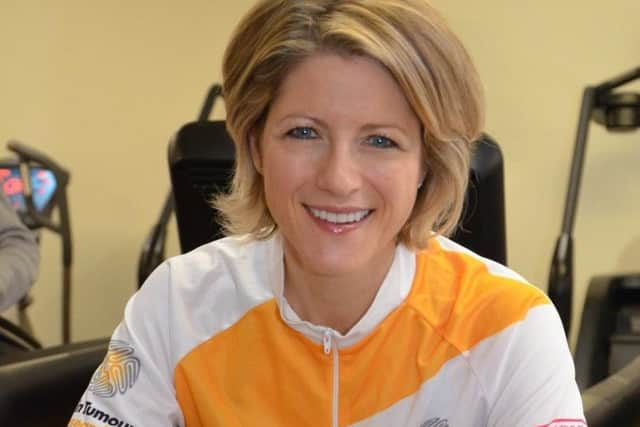Workplace sexism is unacceptable but culling sports banter will help nobody - Mark Casci


However today it has, albeit in a roundabout kind of way.
The subject of VAR led to some controversy in commercial world this week after it was claimed that workplace conversations about it, and sport in general, should be discouraged in the modern workplace


Ms Francke’s contention is that conversation about sports excludes women and can in turn lead to a culture of laddish behaviour such as boasting about sexual conquests.
“A lot of women, in particular, feel left out,” she said.
Advertisement
Hide AdAdvertisement
Hide Ad“They don’t follow those sports and they don’t like either being forced to talk about them or not being included.”
She added: “It’s a gateway to more laddish behaviour and - if it just goes unchecked - it’s a signal of a more laddish culture.


“It’s very easy for it to escalate from VAR talk and chat to slapping each other on the back and talking about their conquests at the weekend.”
I must at this stage point out that Ms Francke is a highly credentialed business leader and author.
Advertisement
Hide AdAdvertisement
Hide AdHer career prior to joining the CMI saw her work at the likes of Mars and Boots, is the author of several books and is among the nation’s leading experts on gender balance in the workplace.
However I find her comments on this issue to be bizarre and out of touch.


For a start, it assumes that an interest in sport, or at least in discussing it, is confined to men.
The gender balance of attendees at football grounds certainly seems weighted in favour of males but the number of women attending is at an all time high, with recent data suggesting that 26 per cent of attendees were female.
Advertisement
Hide AdAdvertisement
Hide AdWhen research was commissioned into the primary inhibitors of women not attending football matches the high cost of tickets and travel costs were the most commonly cited.
The research, carried out jointly by the Football Supporters Federation and Kick it Out, showed that just two per cent of people surveyed cited a male-dominated environment as a reason for non-attendance.
But even if we set aside the risible notion that women do not care about sport let us consider what an austere and bleak environment the workplace would be if those situated in them were precluded from discussing shared interests.
Discussing anything, be it sport, family, politics, food, holiday or last night’s television develops a shared connection between staff. It establishes trust and empathy and makes the workplace a more welcoming and inclusive destination in which people can feel relaxed enough to be more creative and productive.
Advertisement
Hide AdAdvertisement
Hide AdSports commentator Jacqui Oatley provided some useful counterbalance to the debate by warning that cracking down on sports chat would “alienate the people who actually want to communicate with each other”.
We live in an era that is becoming increasingly polarised. On one flank is the realm of those who consider themselves “woke”, people who wake up outraged by everything and are continually looking for fresh targets to lambast as being somehow as pure as they are.
On the other is the land of those whom feel free speech is not a means of ensuring all voices are heard but rather that which allows them to say outrageous things to purposefully upset others.
Step forward Piers Morgan who tweeted in response to Ms Francke’s views: “What utter twaddle. We’ve got to stop these virtue-signalling cretins sucking all the fun out of life.”
Advertisement
Hide AdAdvertisement
Hide AdNeedless to say both camps can’t stand one another but I for one do not want to set foot in either.
An inclusive workplace is essential but draconian measures will not create one. The only measure should be how happy and fulfilled one is when at work. Anything else is just not cricket.